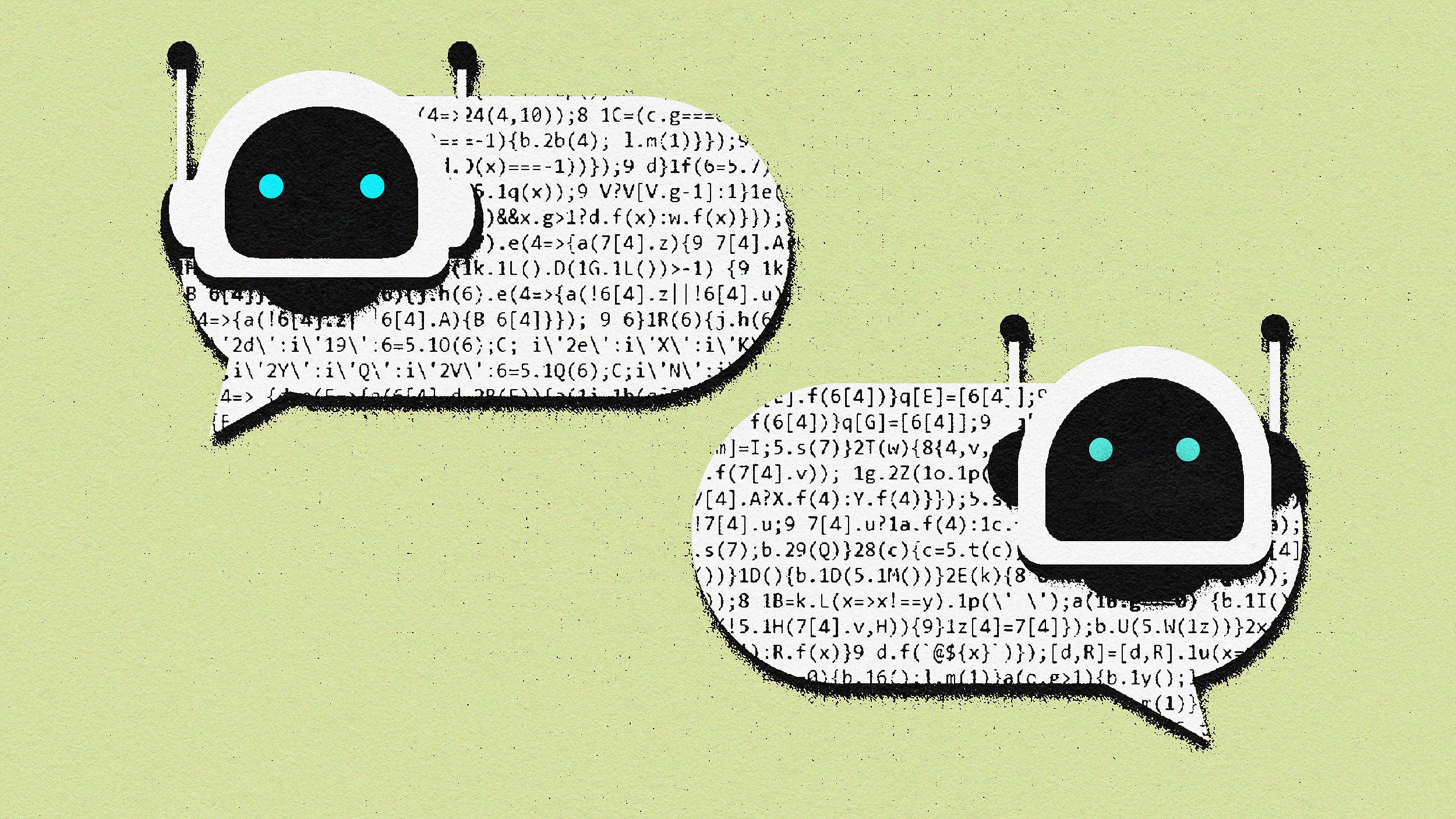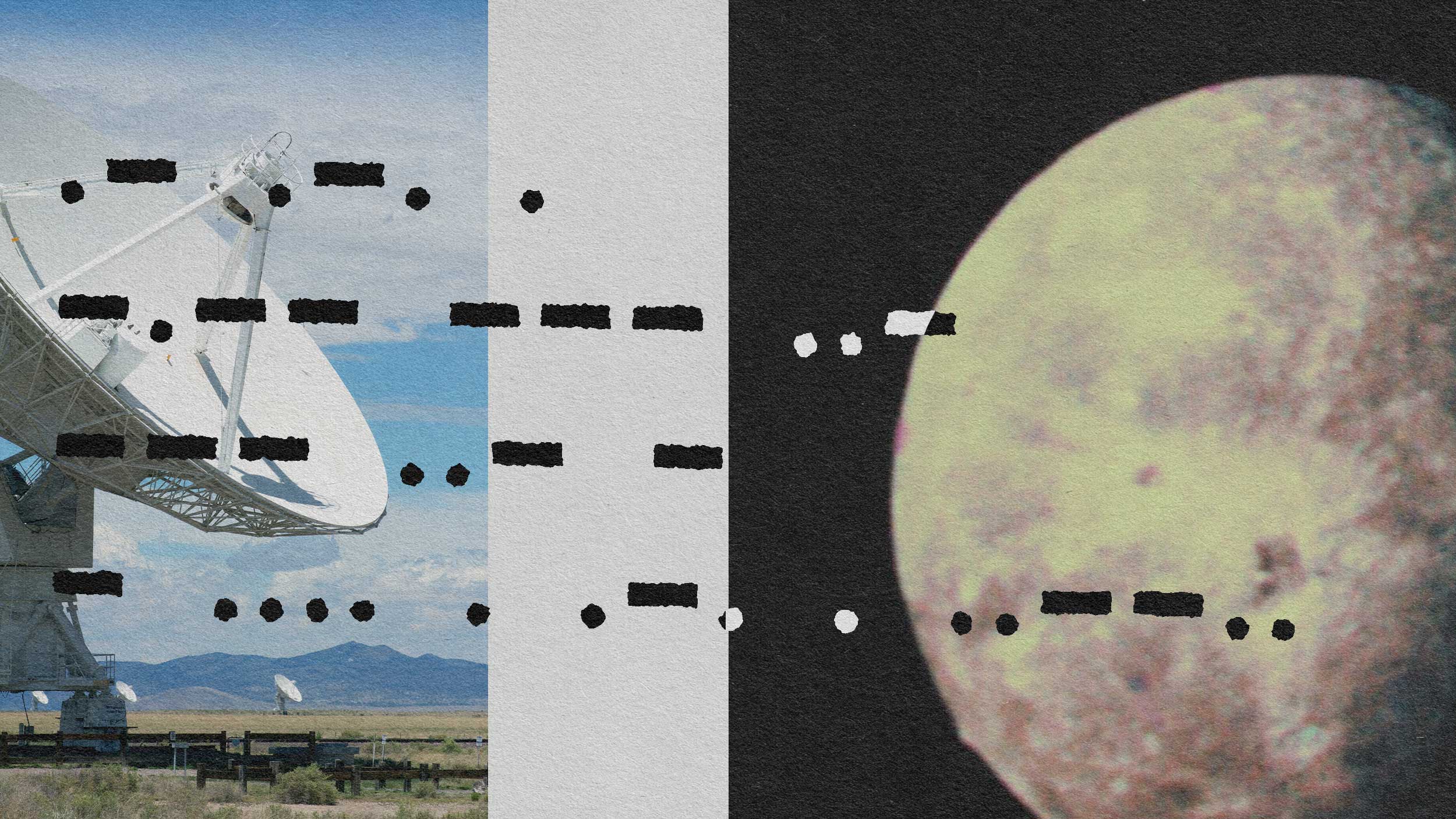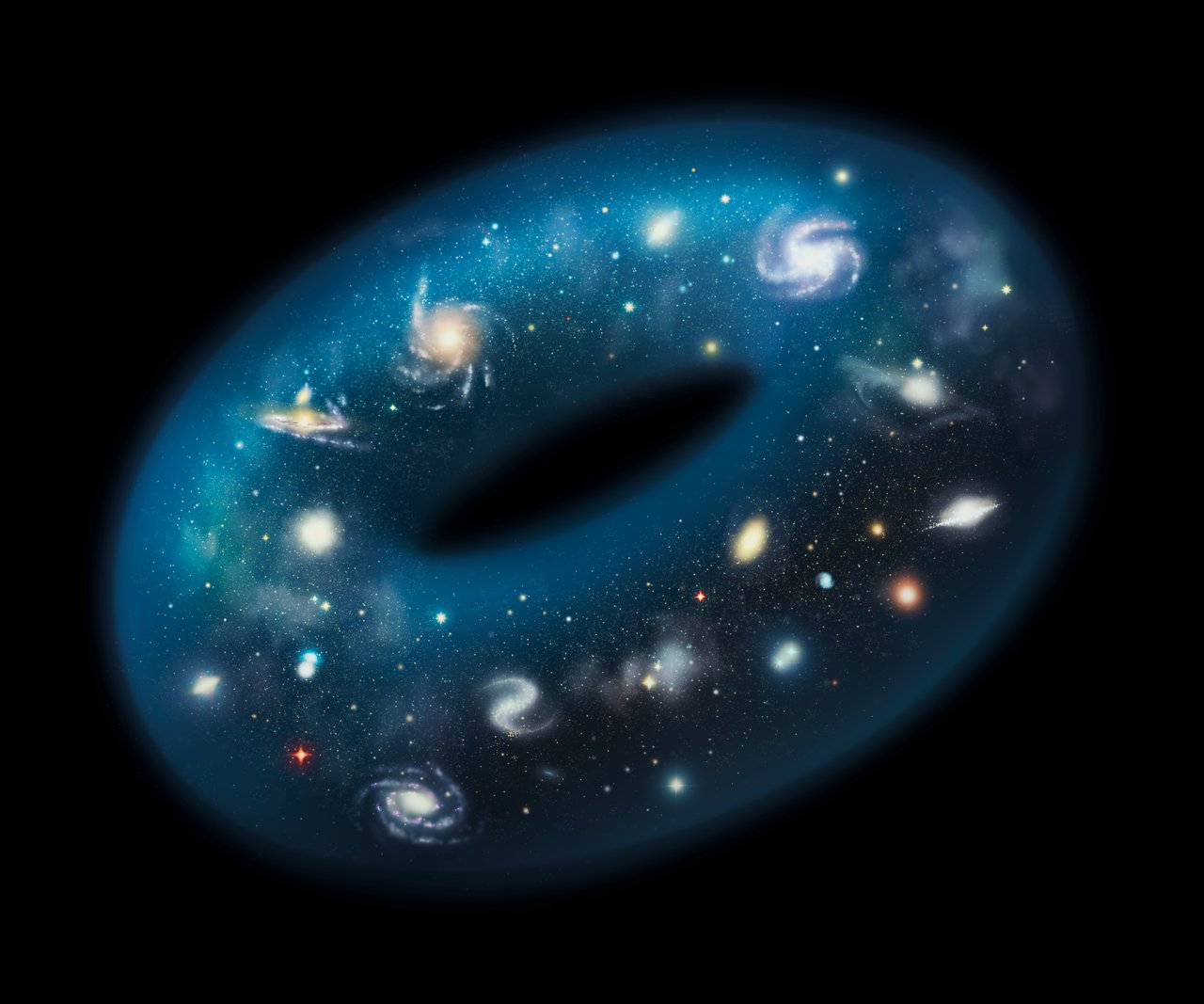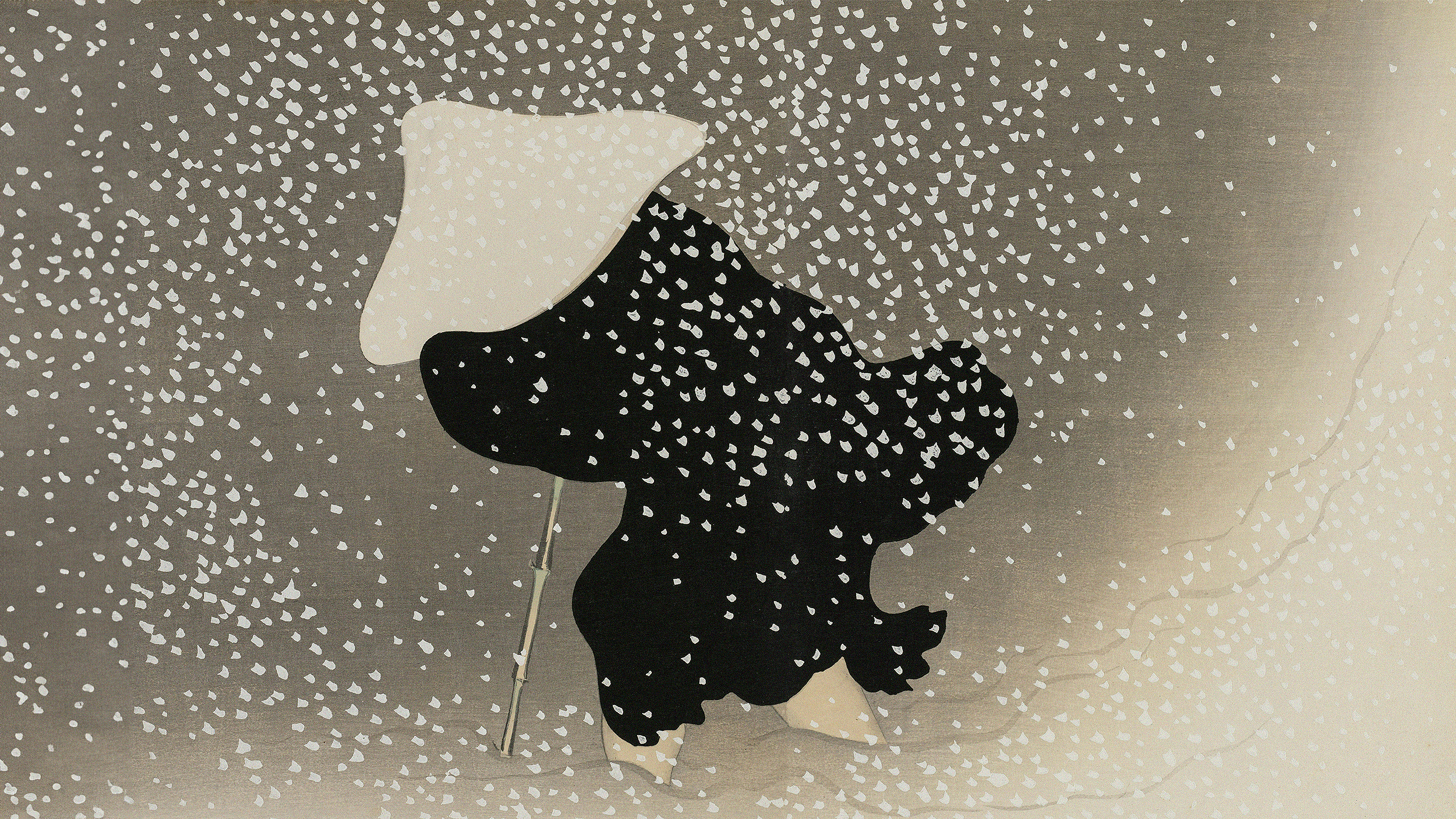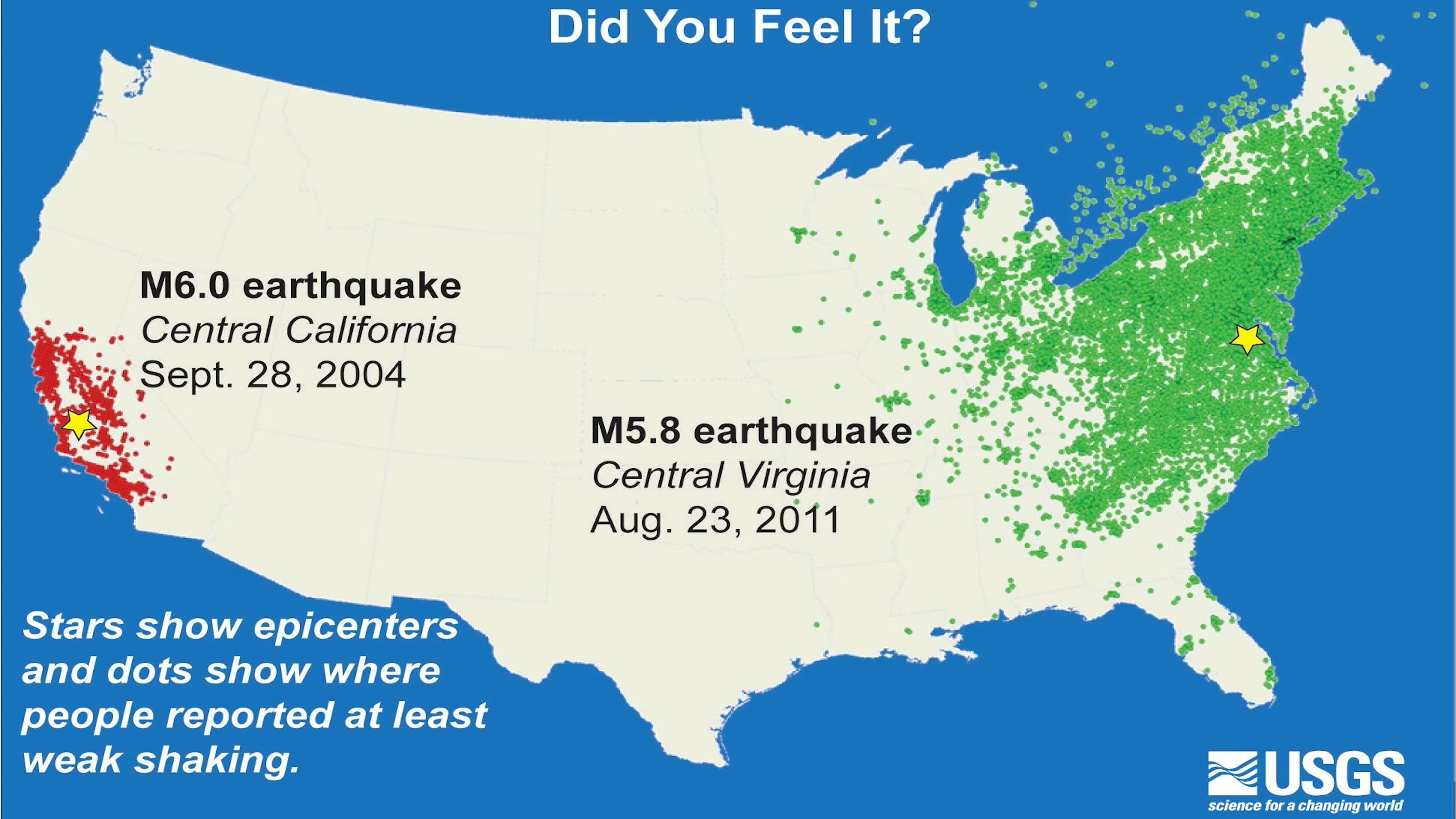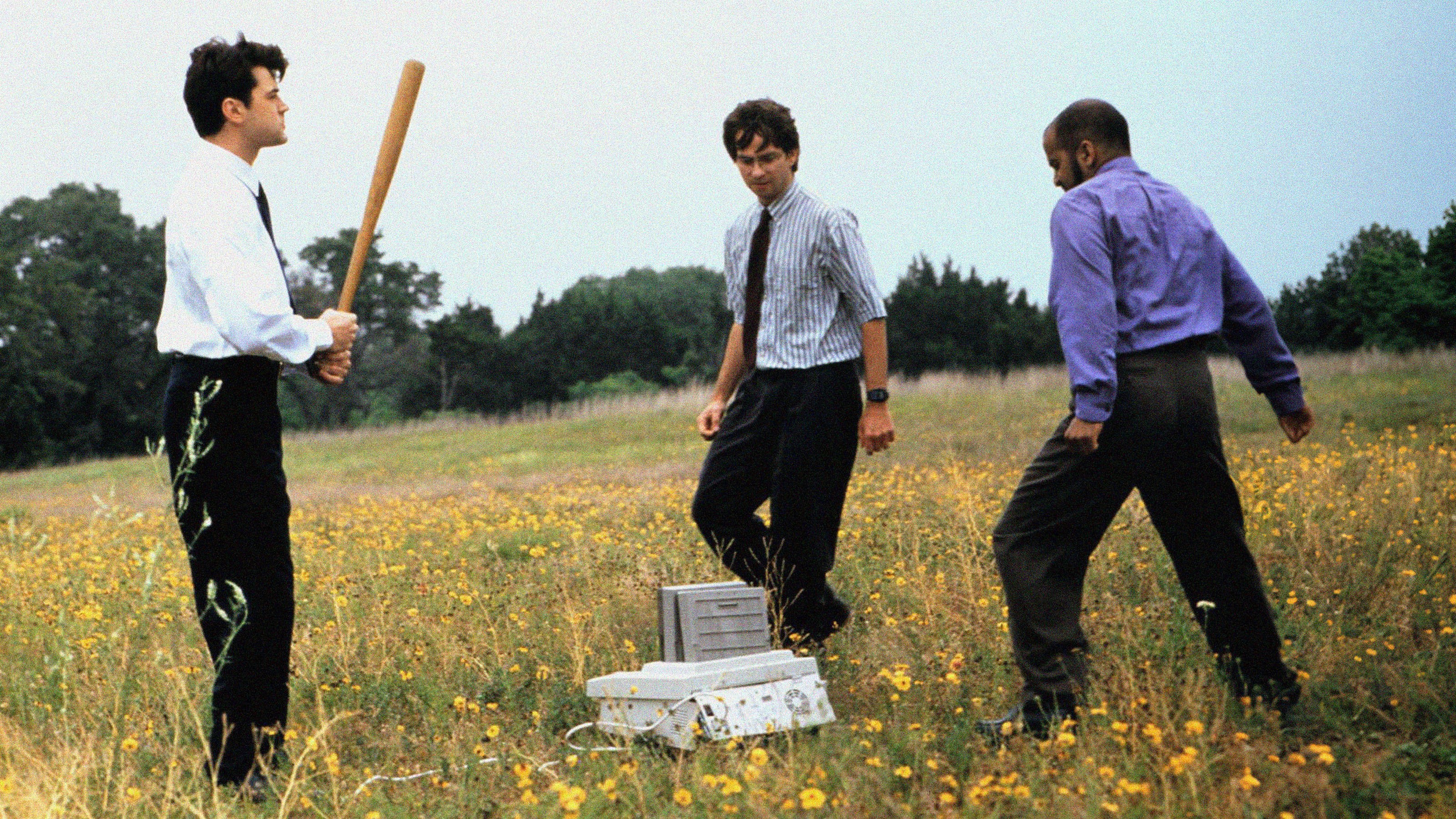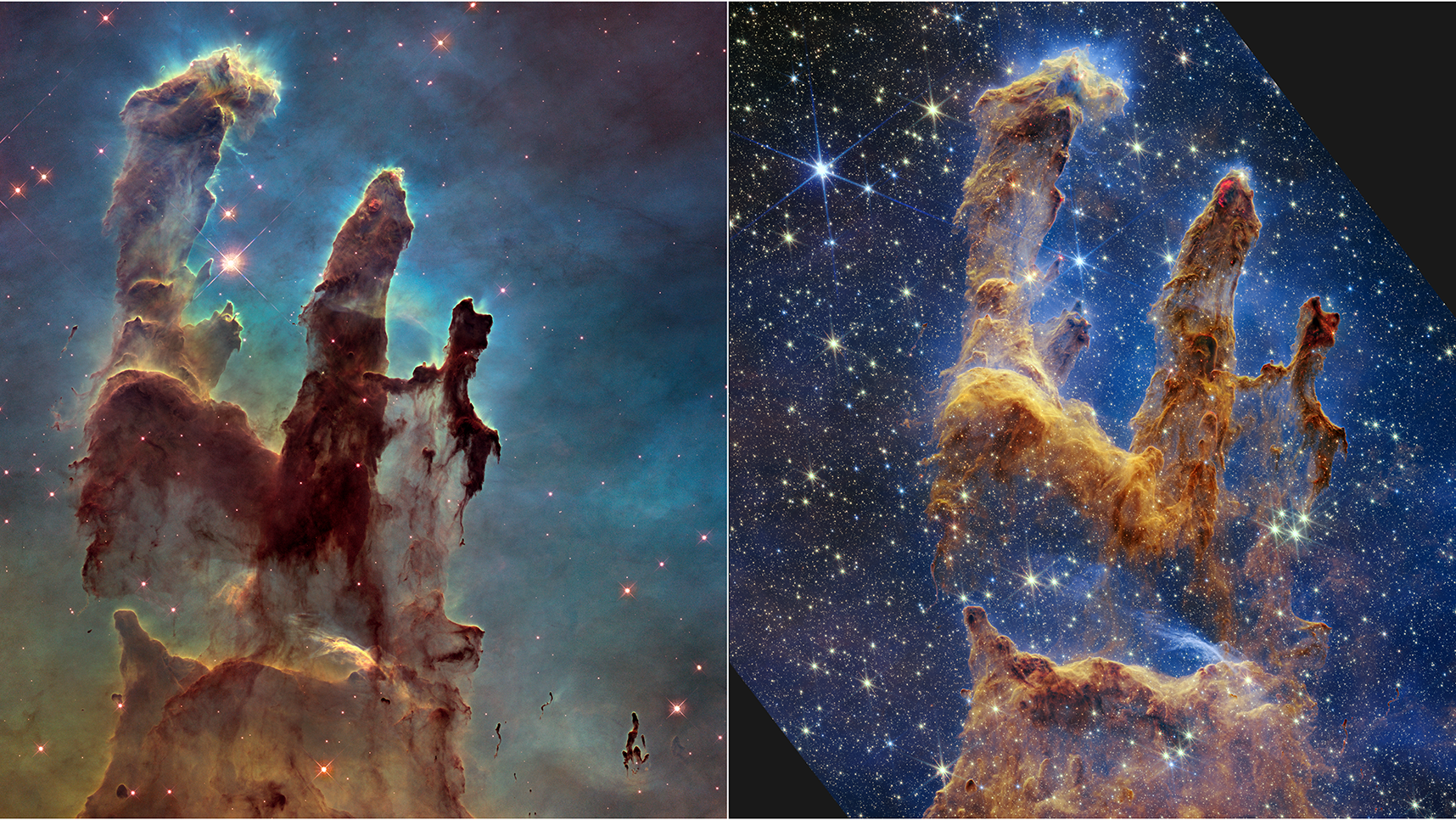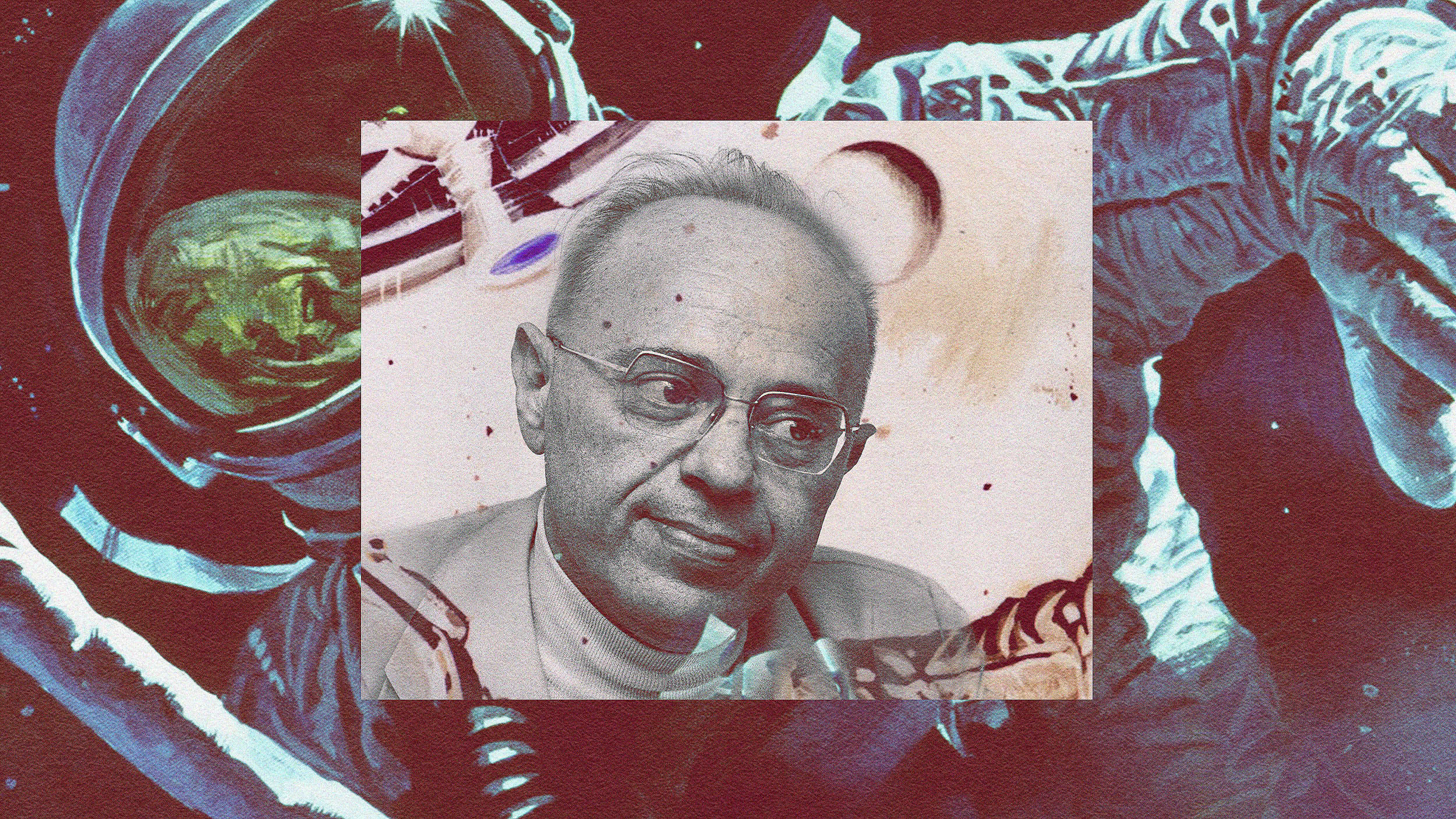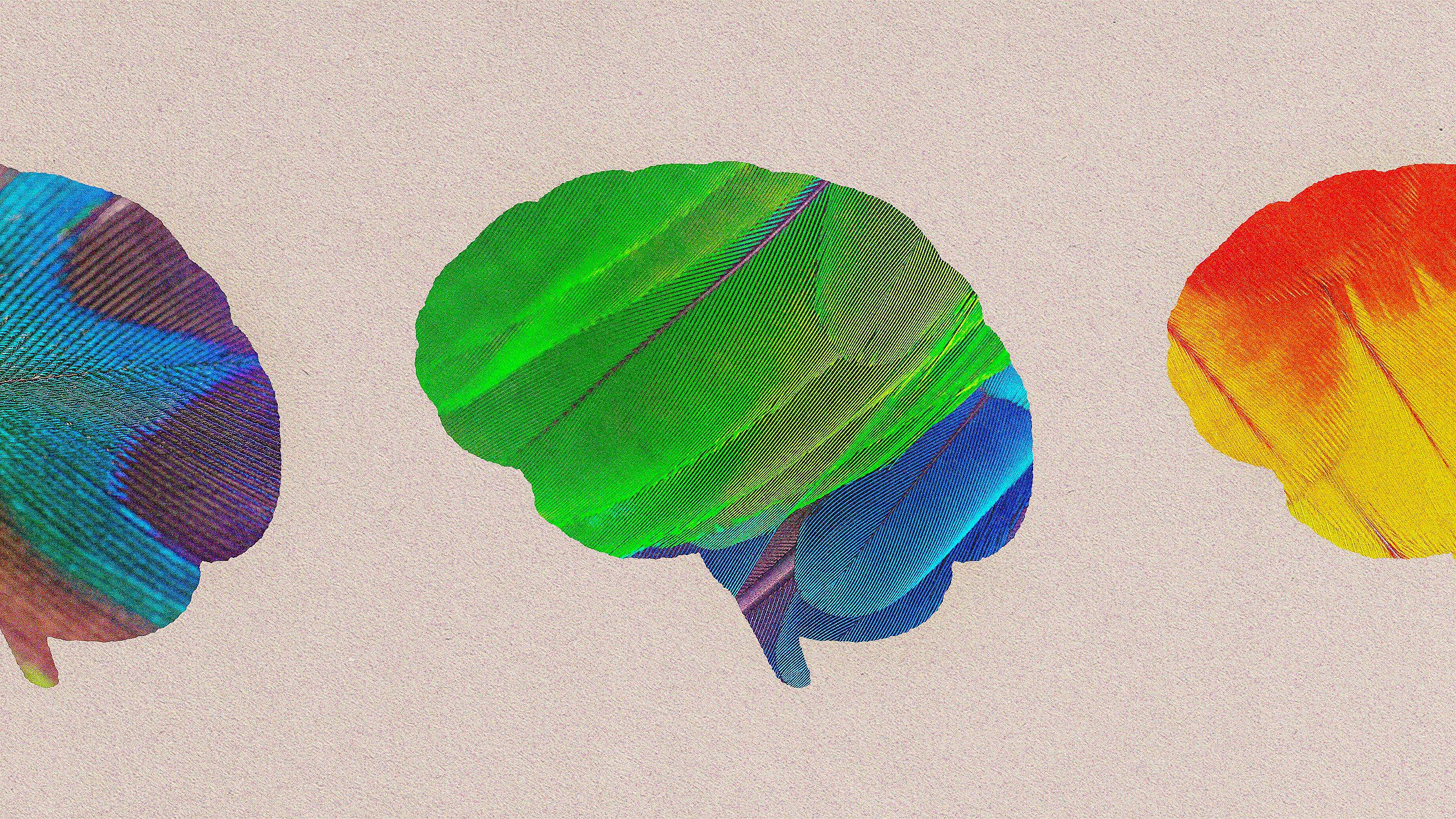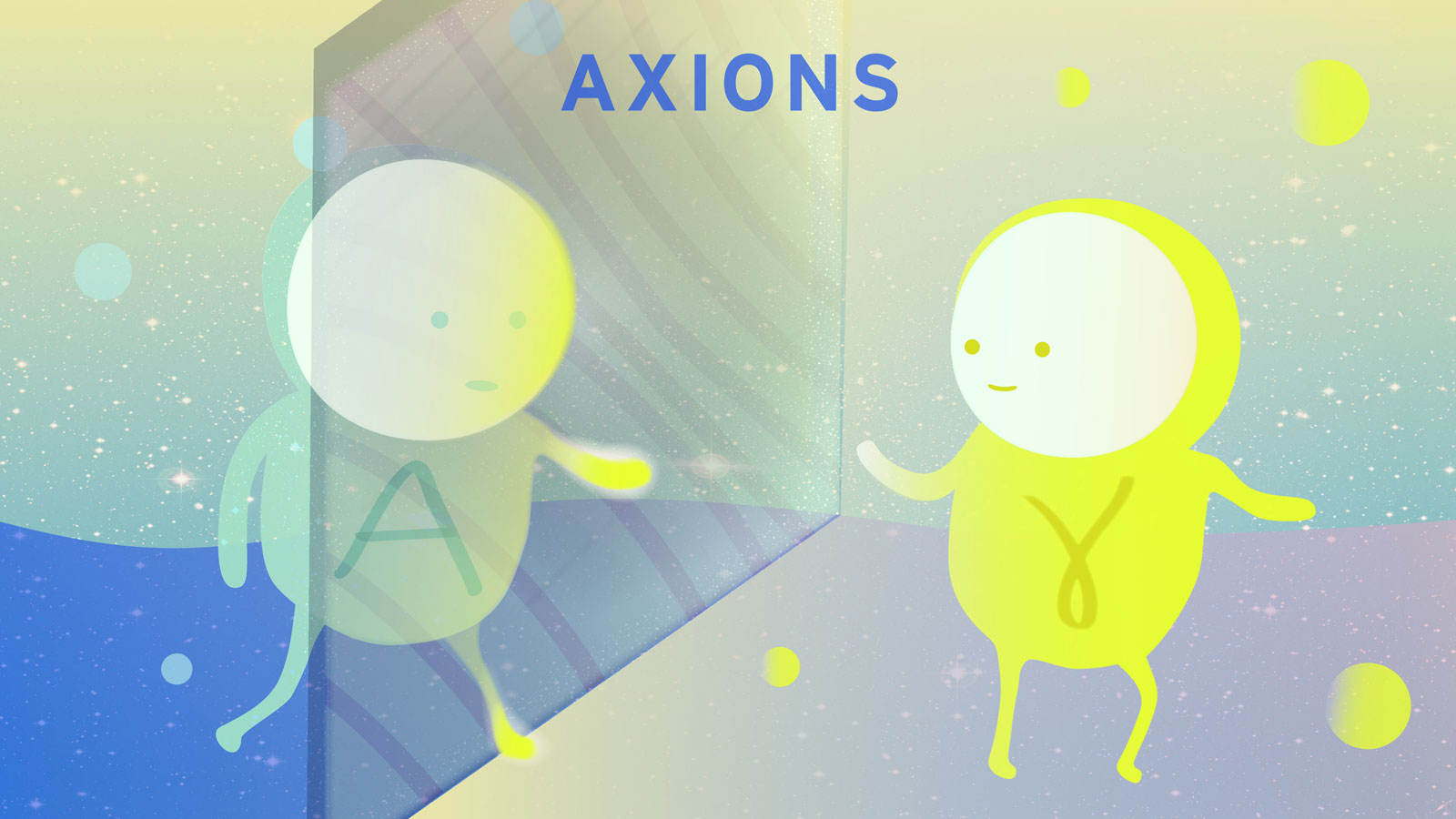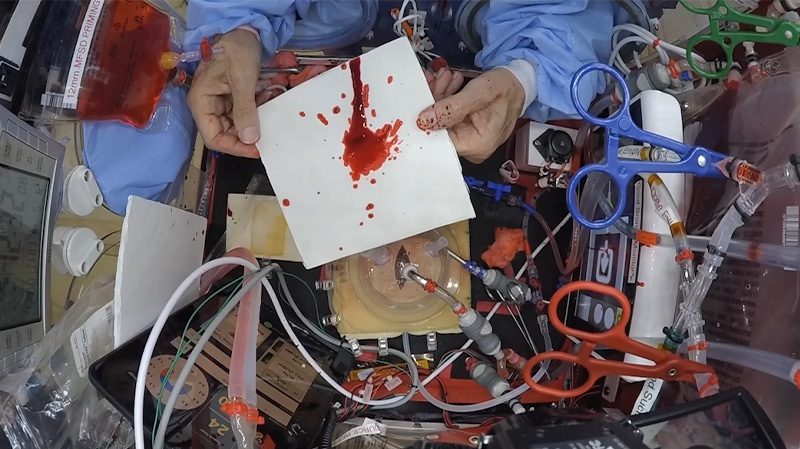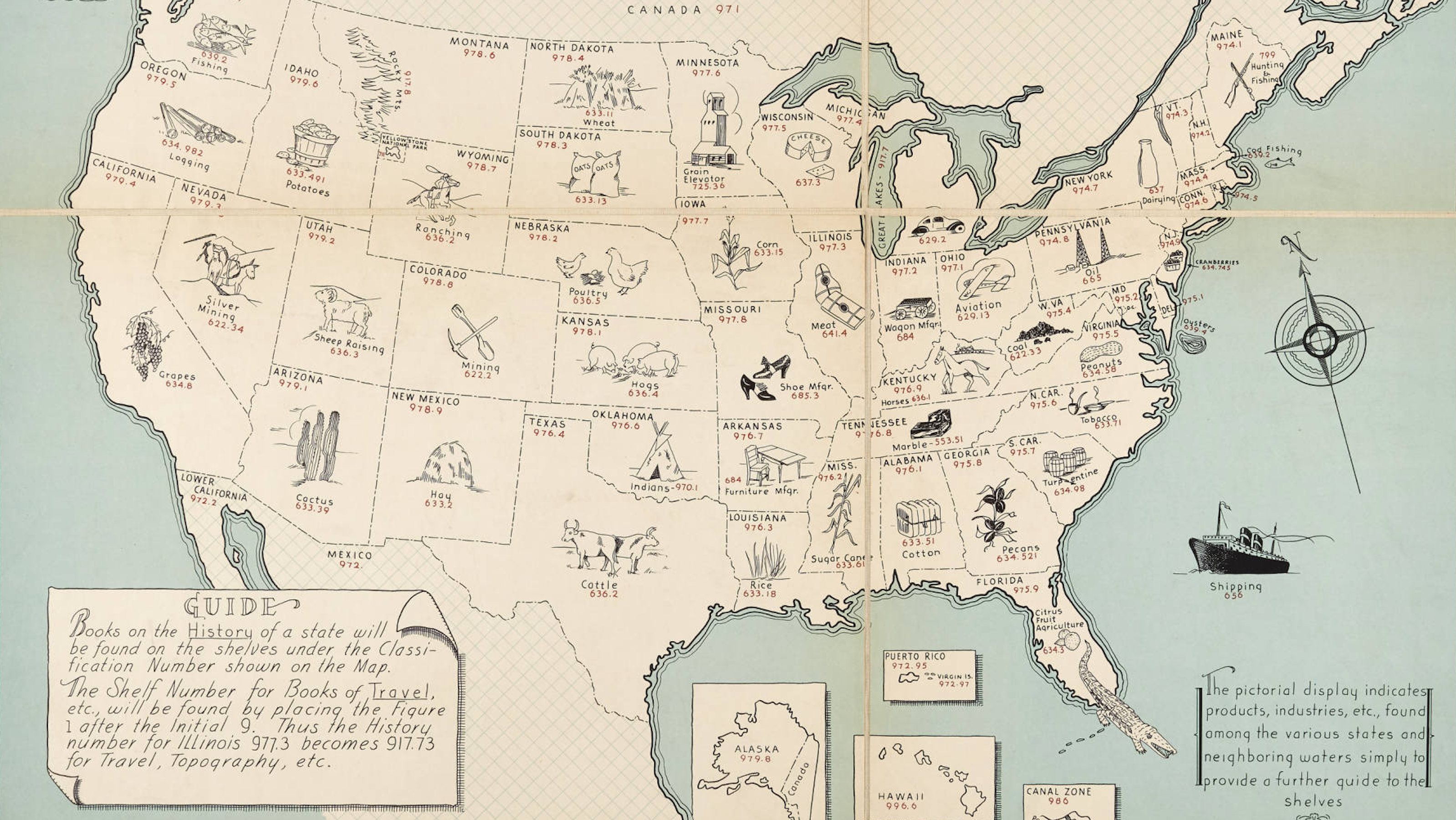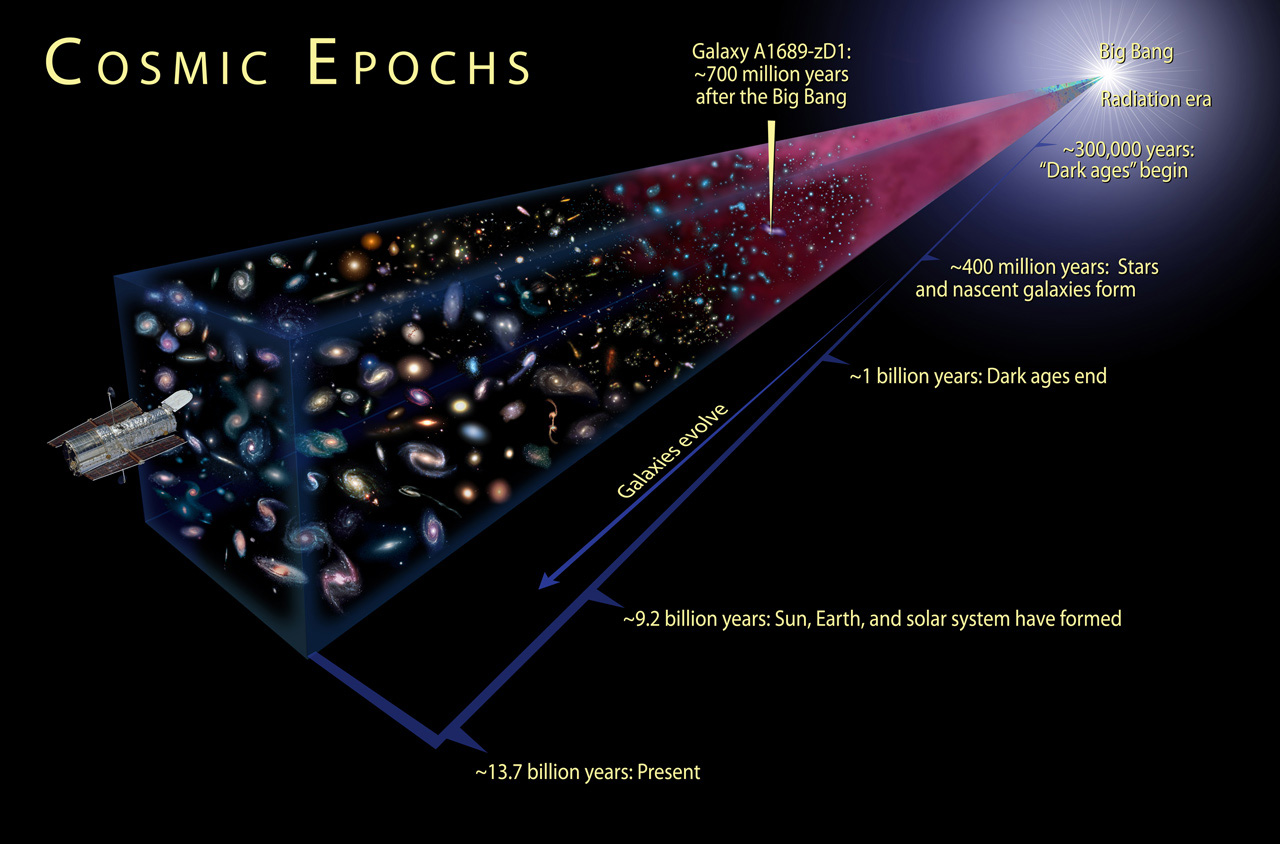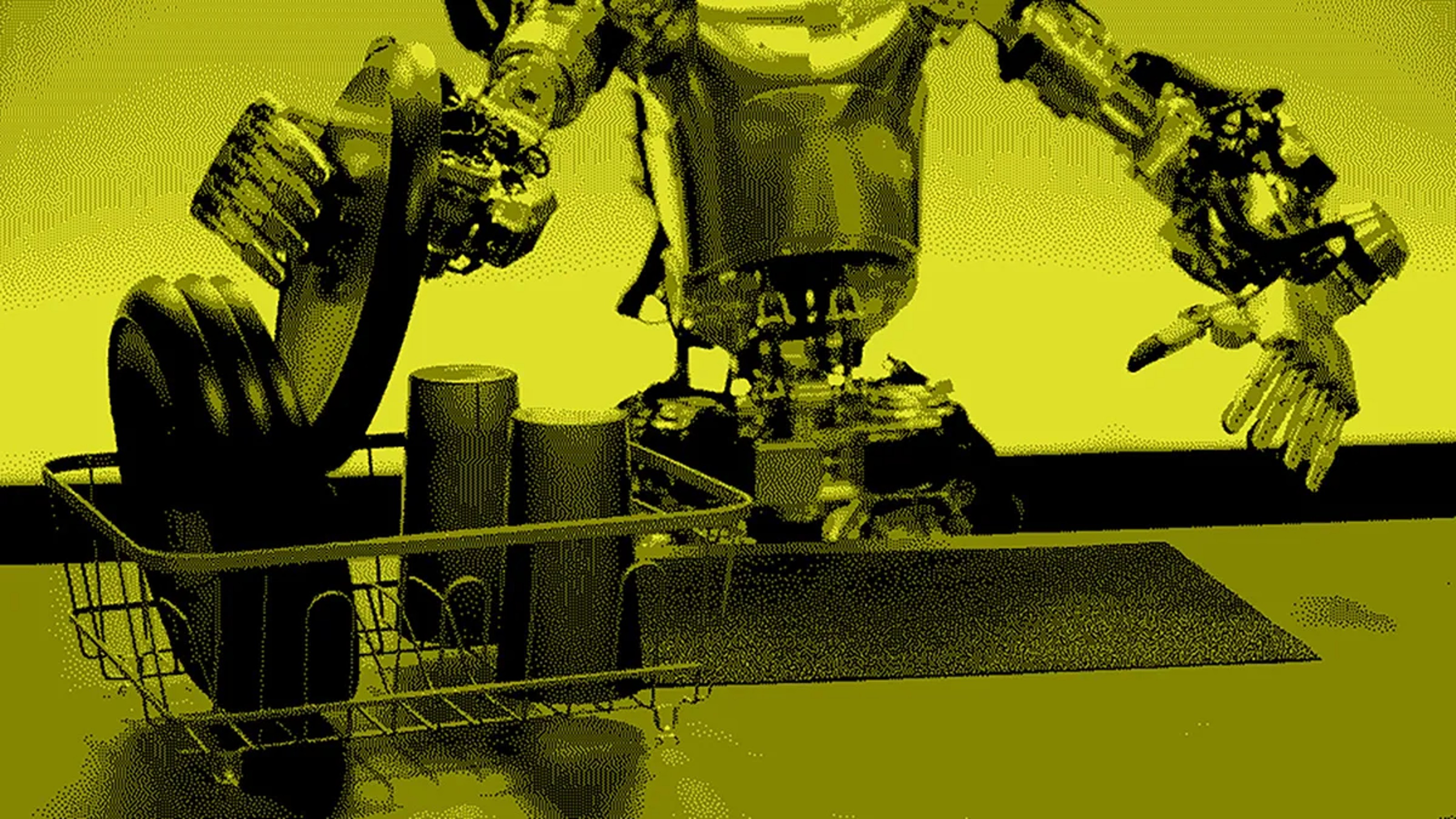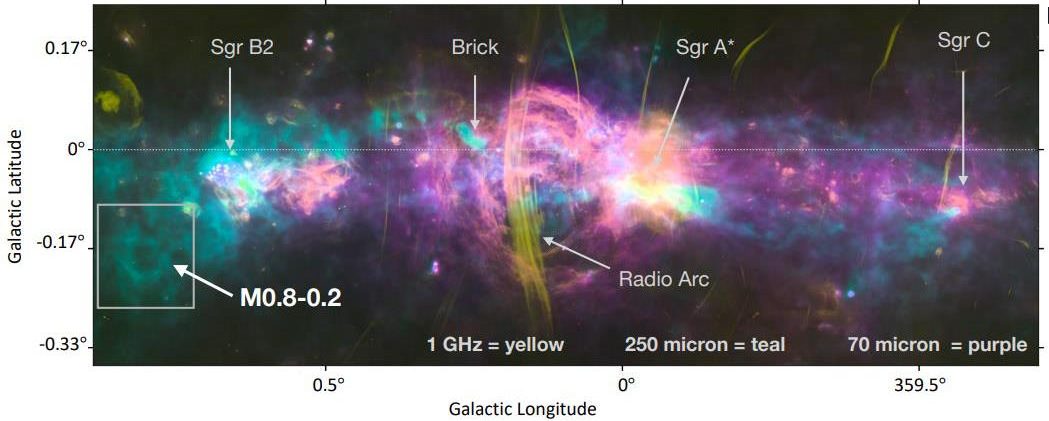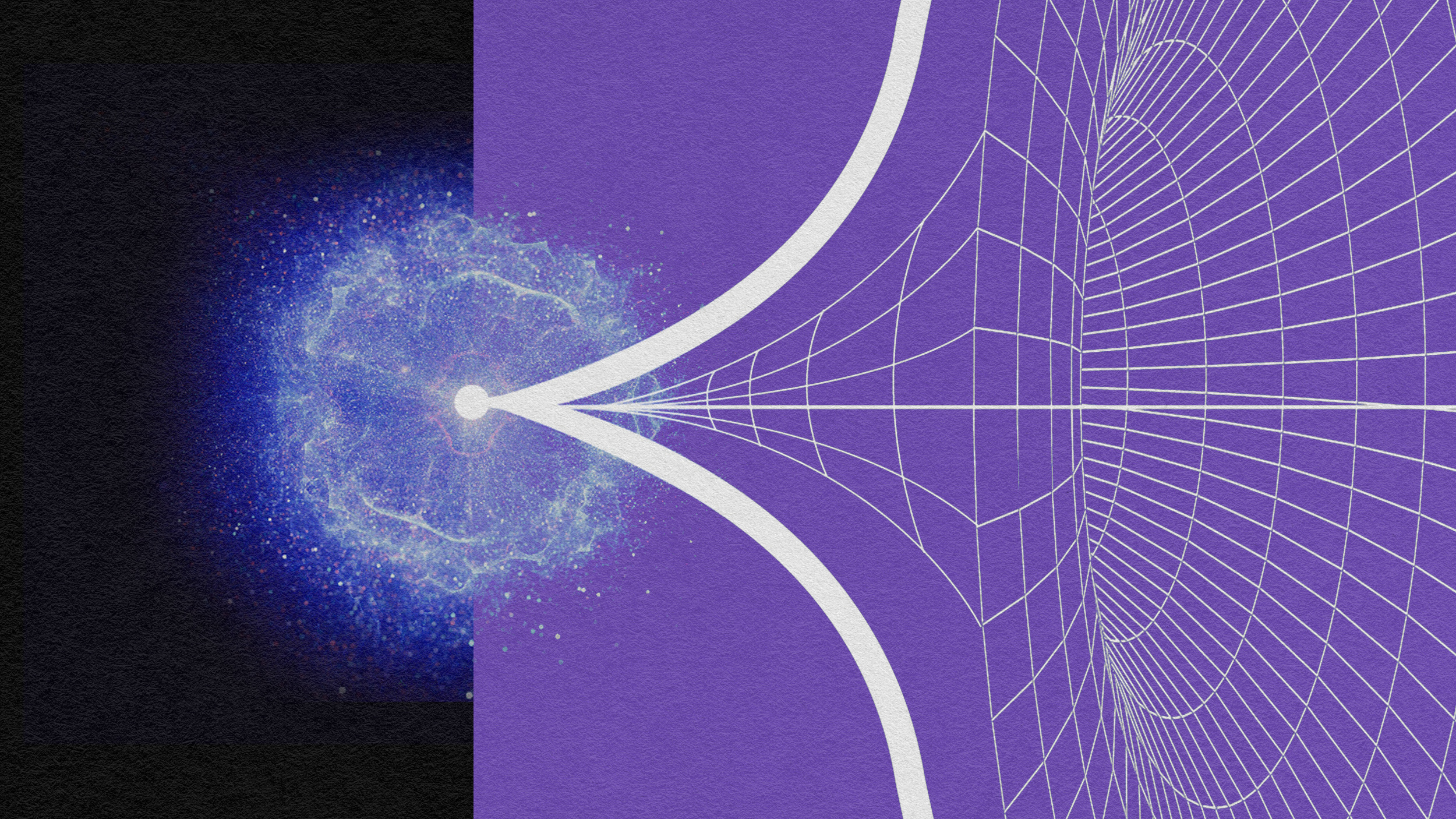Yes, the Universe is expanding, but if you’ve ever wondered, “How fast is it expanding,” the answer isn’t in terms of a speed at all.
All Articles
Food transport accounted for only 6% of emissions, but the production of dairy, meat, and eggs accounted for 83%
“Stargate” could be used to train the world’s most powerful AIs.
Making up false information is one of the biggest problems with AI, but there are no silver-bullet solutions.
Claims circulating on the Internet — some from dentists’ websites — suggest toothpaste isn’t necessary for dental health. Is that true?
Since 1962, humanity has been sending messages into space with the intent to make contact with intelligent extraterrestrials. Are those efforts worth the risks?
When is a rabbit not a rabbit? When it’s a thought experiment designed to reveal the tricky tango of language and concepts.
Is the Universe finite or infinite? Does it go on forever or loop back on itself? Here’s what would happen if you traveled forever.
Japanese thought can’t be easily characterized by just a few books — but this essential guide is a great place to start.
No matter how good our measurement devices get, certain quantum properties always possess an inherent uncertainty. Can we figure out why?
“Hardcore History” host Dan Carlin recently spoke with Big Think about the history of humanity’s drive to create — and whether or not we can control it.
Across the subterranean United States, not all rocks were created equally.
Executive advisor Tiffani Bova wants leaders to value their employees as much as their customers.
There are so many problems, all across planet Earth, that harm and threaten humanity. Why invest in researching the Universe?
Implanting machine components into human bodies, argues one scholar, could make for a better society.
Aliens are often portrayed in popular culture as humanoid. But in reality, intelligent extraterrestrials might take far stranger forms.
Step back from the AI maelstrom and explore Lem’s “Summa Technologiae” for a detached look at technology’s role in human evolution.
What the breakthrough methods of laboratory research can teach the business world about brainstorming.
The transformational change driven by AI will elevate neurodiversity inclusion as an organizational asset, argues Maureen Dunne.
The majority of the matter in our Universe isn’t made of any of the particles in the Standard Model. Could the axion save the day?
Forensics has reached the final frontier, and could be used to solve future space accidents—or crimes.
This map samples some of the digits that make up the DDC system, invented by the brilliant but flawed Melvil Dewey.
More than 90% of sexually active men will be infected with human papillomavirus in their lifetime. The virus may reduce fertility.
The old certainties of “business as usual” have been crushed by disruption — here’s a strategy for resilience.
The Universe is 13.8 billion years old, going back to the hot Big Bang. But was that truly the beginning, and is that truly its age?
We may be on the brink of finally seeing human-level intelligence in an AI — thanks to robots.
Susannah Fox, former chief technology officer for the HHS, explains how technology has empowered us to help fill in the cracks of the healthcare system.
The center of the galaxy doesn’t just host stars and a black hole, but an enormous set of rich gassy and dusty features. Find out more!
The “first cause” problem may forever remain unsolved, as it doesn’t fit with the way we do science.





